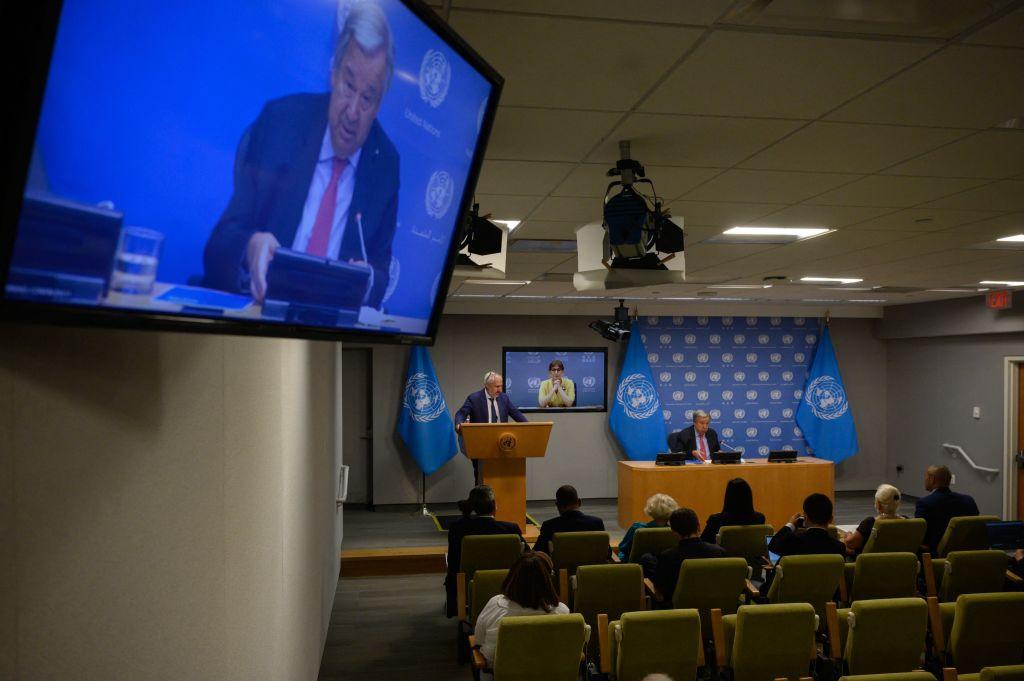The United Nations has criticized the trend of “friend-shoring” and “reshoring” manufacturing operations, warning that it might endanger a global trading system that is already vulnerable.
Roughly 80 percent of the world’s traded goods are transported via the sea. In the past two years, the maritime industry has suffered from disruptions ranging from the COVID-19 outbreak, geopolitics, and the Russian war in Ukraine which have closed shipping routes and raised prices, the UN Conference on Trade and Development (UNCTAD) said in a statement on Nov. 29.





